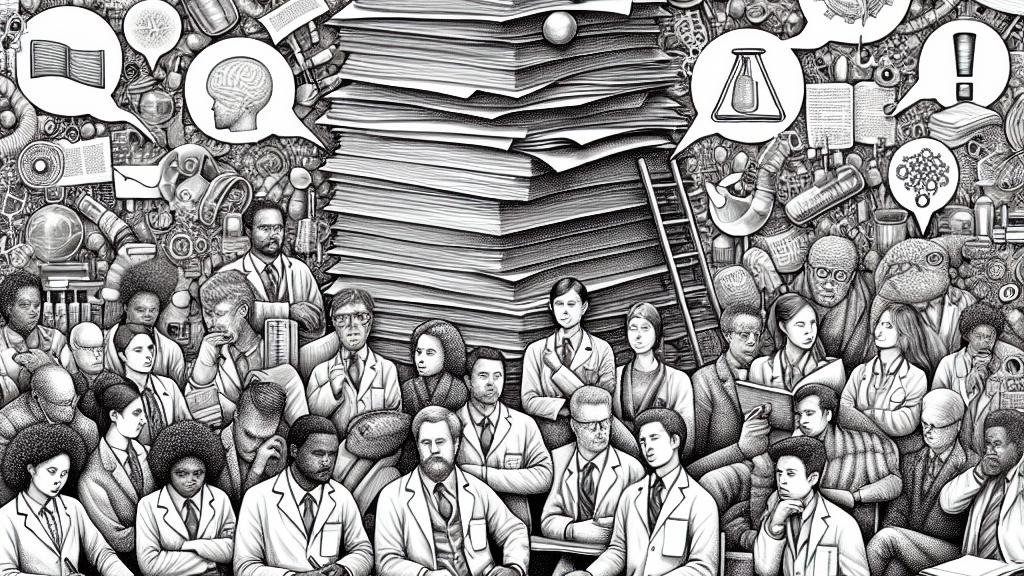Impact of Domestic Citation Bias on China's Scientific Ranking
Overview
- Chinese scientists prominently cite their own work, markedly distorting global research rankings.
- An eye-opening 62% of citations for top Chinese papers originate at home, raising significant authenticity concerns.
- This domestic citation bias not only inflates China's perceived academic prestige but also complicates trust and collaboration worldwide.

Diving into China's Distinct Citation Practices
In the vibrant realm of scientific inquiry, a fascinating trend has emerged within Chinese academia: a marked inclination among scientists to extensively cite their own studies. A recent analysis has revealed a staggering statistic — approximately 62% of citations for the elite 10% of Chinese papers come from other papers generated domestically. This extensive self-referencing has sparked considerable debate in scholarly circles. Distinguished publications, such as Nature and Science, have raised pivotal concerns, questioning whether this phenomenon creates a misleading portrayal of China's scientific prowess. Are these citations a true testament to research quality, or are they primarily vehicles for reputational enhancement within a closely-knit academic ecosystem?
Quality Research: A Double-Edged Sword
Advocates of China's citation tendencies argue that this pattern reflects not just growth but also the increasing quality of research being produced. For example, experts like Huang Futa from Hiroshima University commend the heightened visibility of noteworthy studies emerging from China. However, lurking under this surface of apparent productivity lie ethical conundrums. Practices such as 'citation stacking' — where researchers cite unrelated works solely for self-promotion — bring the integrity of this self-referential methodology into question. Furthermore, studies indicate that once the domestic citation biases are rectified, China's standing in international rankings can plunge dramatically. This revelation substantiates the notion that the perceived excellence may not genuinely align with empirical achievements, ultimately raising alarms about the reliability of academic reputation among global peers.
Global Implications: More Than Just Numbers
The ramifications of domestic citation biases reverberate far beyond academia. They influence global collaborations and impact funding decisions profoundly. Analysts assert that accurate citation metrics are essential for fair international comparisons, which in turn foster healthy scientific dialogue. Caroline Wagner, a leading research scholar at Ohio State University, warns that if citation data remains flawed, vital resources may be misallocated, inadvertently hindering innovation. In our increasingly interconnected scientific community, the clamor for transparency and fairness in citation practices has never been more critical. Ultimately, the focus must shift beyond mere numbers; it’s about cultivating a thriving, cooperative scientific environment where merit prevails, ensuring that genuine contributions to global knowledge are celebrated and honored.

Loading...